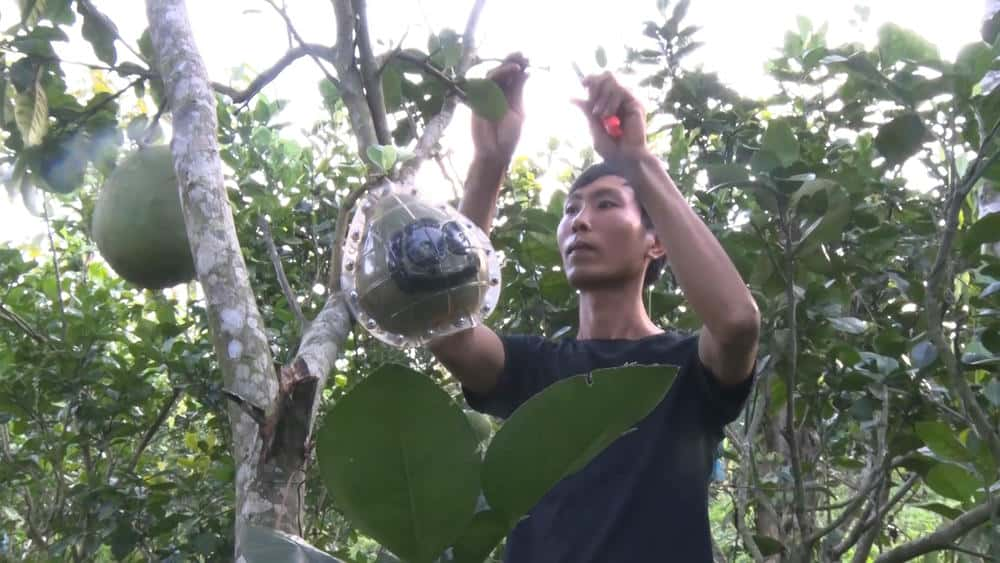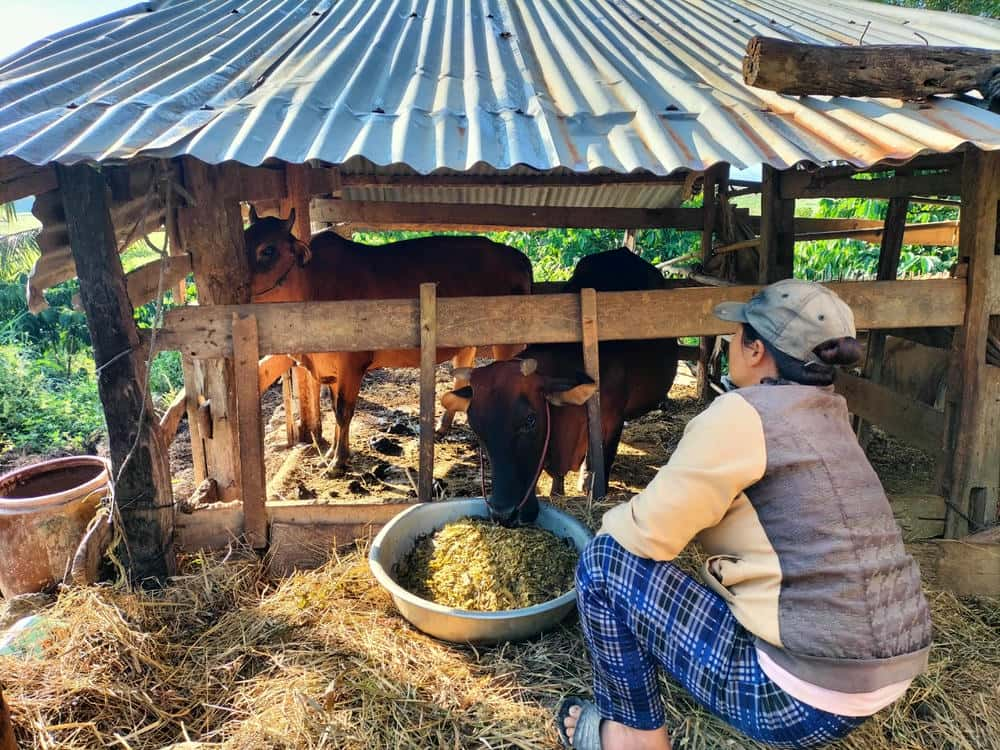Efforts to learn a trade to improve life
In Krong No district, hundreds of workers in communes such as Nam Da, Quang Phu, Nam Nung, Buon Choah, Nam N' dir, Nam Xuan... have participated in vocational training courses.
Many poor, near-poor households and families in difficult circumstances have proactively registered to learn a trade, striving to become a part of the production labor force.

Mr. Tran Thai Chau - Chairman of Nam Da Commune People's Committee said: "The commune government has closely coordinated with the District Vocational Education - Continuing Education Center to organize vocational training classes, find students and survey the actual needs of the people."
Along with investing in expanding transport infrastructure, vocational training has contributed to reducing the poverty rate in the area. In 2024, Nam Da commune reduced 22 poor households, currently there are 52 households with 196 people, accounting for 1.67% of the population, achieving the set plan target.

The commune also aims to transform the economic structure in a more efficient direction by 2025, in which agriculture, forestry, and fishery account for 48%, industry - construction account for 22.5% and trade and services account for 29.5%. The average production value reached 115 million VND/ha of cultivation, the average income per capita reached 67.2 million VND/year.
According to Mr. Chau, to achieve the above income, vocational training plays a key role. Workers with stable jobs will significantly improve productivity, income and quality of life.

Effective career guidance, high vocational training rate
Mr. Han Duy Thuy - Head of the Department of Education and Training of Krong No district said: " Within the framework of national target programs on poverty reduction, the district has implemented Sub-project 1 of Project 4 on vocational education development. Consulting, orientation and survey of vocational training needs are given special attention.

In addition to organizing job exchanges, the district also organizes consultations and career guidance for workers in poor and near-poor households. The rate of vocational training participants has tended to increase sharply in recent years, thanks to advantages such as short training time, high practice content, and low theory.
After graduating, learners can quickly find a job and immediately participate in production activities.

People of working age in Krong No often choose industries such as industrial electricity, mechanical engineering, agriculture, fields with high human resource needs and stable income.

Notably, since UNESCO Dak Nong Global Geopark was recognized, most of its members are located in Krong No district, many workers have shifted to vocational training in the tourism and service sector, in line with the local economic development orientation in the future.











